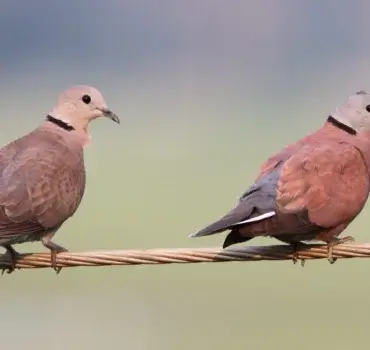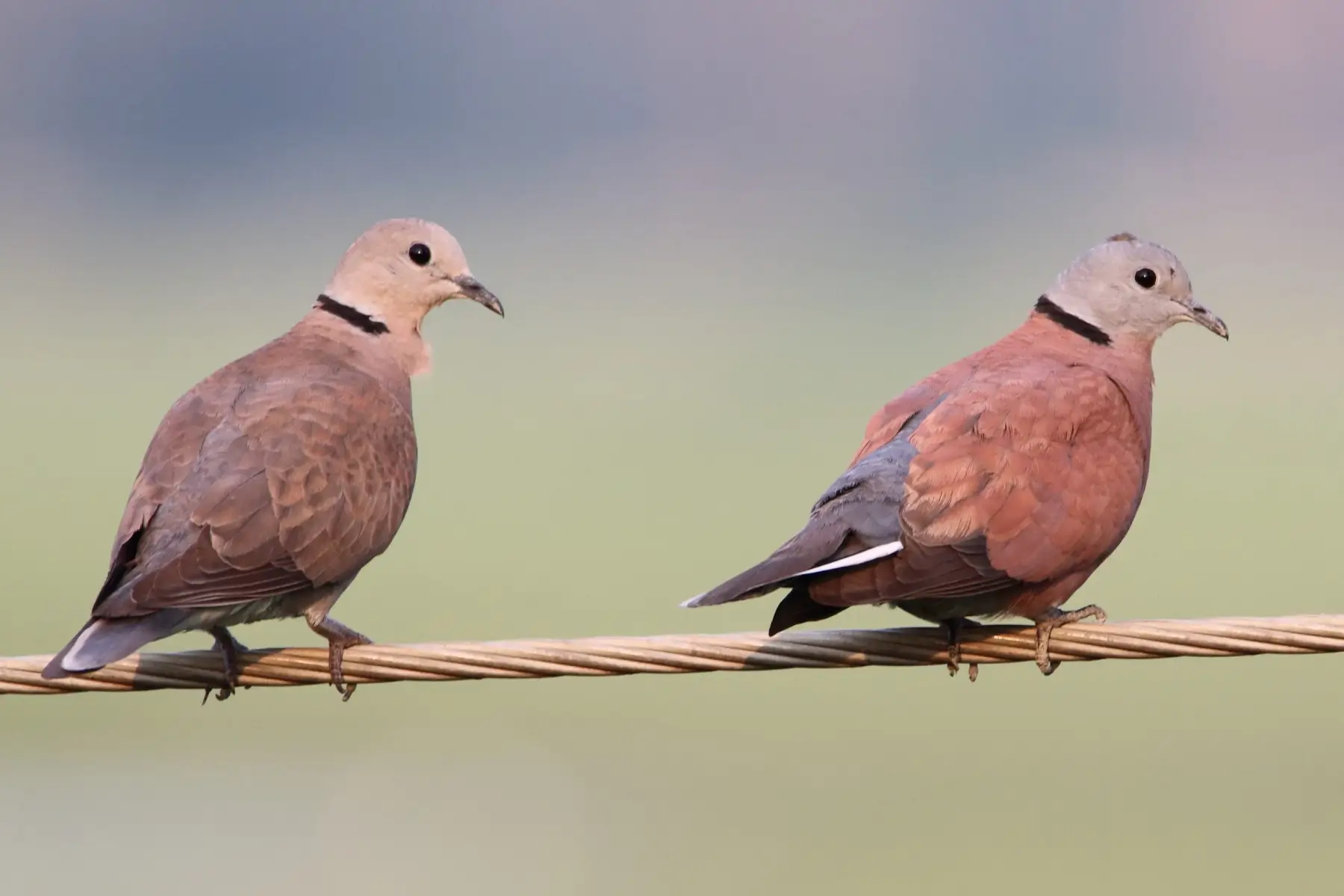
 The terms doves and hawks are drawn from foreign policy. Doves take a diplomatic approach to foreign policy problems, hawks favour an aggressive approach.
The terms doves and hawks are drawn from foreign policy. Doves take a diplomatic approach to foreign policy problems, hawks favour an aggressive approach.
Recently, these terms have been often used often to describe central bankers. A central banking dove is more relaxed about inflation, partly because they think it will come back down without them having to raise interest rates further, and is more concerned about growth and employment. A central bank hawk believes the bank’s main goal is fighting inflation and is prepared to take an aggressive approach to get inflation back within their target range.
Two recent articles described central bankers as hawks. One in the New Zealand Herald said ‘while the rapid end of monetary stimulus and a steep rise in interest rates was clearly needed, the momentum is now so hawkish that we risk over- correcting’. The other article was in Newsroom under the title “Central Bank Hawks Unnerve Markets’. I was a long-term central banker. Based on my experience, I wouldn’t describe any of the world’s main central banks as hawks at present. In response to their concerns about the impacts of Covid, most of them moved well beyond being doves into the realm of being Father Christmas.
They threw enormous amounts of almost free money into the financial markets. The US Federal Reserve, for example, injected around $3.3 trillion. Most central banks are still a long way from reversing those liquidity injections. Until they do, they are still partly doves.
Also, when I worked in the Reserve Bank of New Zealand, research work was done to estimate what the ‘neutral’ real interest rate was. This is the interest rate at which monetary policy is neither contractionary or expansionary. It wasn’t possible to come up with a single number – economics isn’t that precise. But the RBNZ research came up with a range of +2.8 to +5.6%.
Around the same time, an American economist came up with the Taylor rule that assumed a neutral level for the US Federal Reserve’s policy rate of +2%.
The policy interest rates set by the central banks in the USA, Europe, UK, Australia and New Zealand are all still well below their countries’ inflation rates. In real terms they are still negative and therefore still well below a ‘neutral’ rate.
Central banks have become a lot less dovish this year. But it is unrealistic to describe them as turning into hawks.
What happens to inflation in the next few months will be important for determining whether central banks have to turn into real hawks to beat the current inflation surge or whether being ‘less dovish’ will be enough. The next important inflation number is the USA which will come out on the day this this column will be published. The CPI rate in the US in year to August, 2022 was 8.3%. If the September number is lower, the central bank doves will relax a bit and the pressure on them to turn into real hawks will ease.
I expect the US September CPI number to be a little higher than August. But I won’t be unhappy if I am wrong as a lower number will be much better for the world economy.








